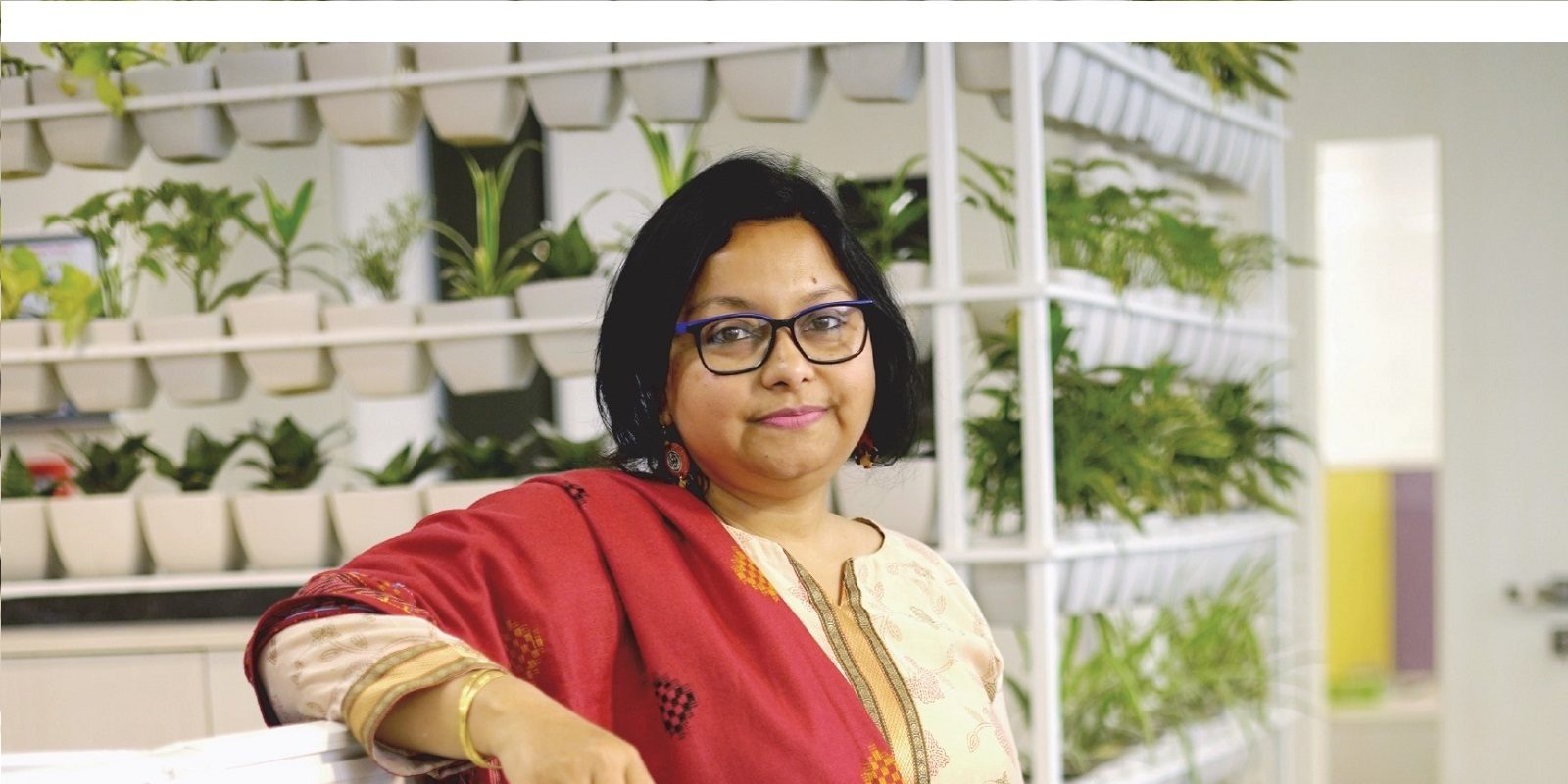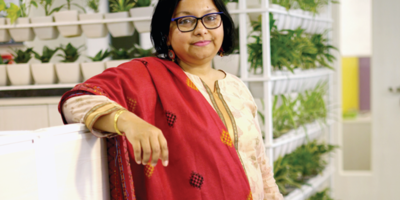
Research administration during COVID-19: facilitating research sustenance and driving impact
Written by Madhuri Dutta, Research Manager, The George Institute for Global Health India. The article was originally published in the NCURA Magazine. Excerpts from the article are reproduced here with permission from NCURA, the National Council of University Research Administrators, USA
A public health research organization runs on field-based projects requiring community interactions, household visits and working with front-line health workers. Since February 2020, most of the field-based projects at The George Institute India have been on hold due to a nationwide lockdown called in by the Government of India.
The institutional leadership came into swift action by taking stock of all projects and holding immediate discussions with researchers and project staff regarding project risks. Their main intention was to understand if project objectives and field staff employment were affected due to the lockdown.
As the Research Manager, I compiled project information and coordinated regular weekly meetings throughout February to April 2020. Databases that I maintain regularly helped me to quickly review, draw from and reach out to the investigators. This exercise was conducted in all our global offices and involved staff from research and project operations.
There was a cross talk between each region on the issues and possible solutions. During these researcher meetings, solutions such as re-organizing/ prioritizing study objectives, developing alternate ways of obtaining ethics consent via online reviews as per Government of India guidelines and developing alternate ways of interviewing through mobile phones were discussed and put into action.
Throughout the lockdown months, regular meetings were held with all staff members so that everyone felt supported by the organization. While it was important for project timelines to align with funding agency expectations, encouragingly, most agencies understood these circumstances and provided project extensions.
Efficient research administration thrives on good organizational leadership. The George Institute India demonstrated how good leadership can bring everyone together and support them through tough times. The institute was already using online communication for business since our offices are spread across different countries and time zones. Hence, during the lockdown, we did not have to move separately to new platforms. Additionally, flexible working hours and work-from-home facilities are available for employees; hence during lockdown, we continued to follow standard working patterns.
Best practices and learnings to strengthen ongoing processes:
No organization was prepared for a pandemic such as COVID-19. Every institution must now create systems and processes that can overcome risks associated with uncertain times. The pandemic is not yet over, and we may have to revise our processes substantially to continue to work efficiently. Research management and our routine review processes have evolved as a value addition to research institutes, especially at this time.
As a research facilitator, these are few of my learnings for a future of uncertainties:
- A good database/record keeping system in all institutional activities is immensely useful for quick reviews and informed decision making.
- Stable online platforms of communications like Zoom and Microsoft Teams are also essential. These were already a part of The George Institute lifestyle; hence, colleagues did not have to spend time familiarizing themselves with these systems.
- Proactiveness in revising processes such as ethics approvals and SOPs to best suit the times and a quick turnaround on decision making is useful.
- Aligning skills of workforce to develop projects with changing research priorities help in institute growth. Inspite of an NCD focus, our leadership supported researchers to develop ideas where their skills in clinical trials and quantitative and qualitative methods could enrich COVID-19 research.
- Working as a team is always more efficient than vertical systems working in silos. The George Institute India has a very small team of research administrators, but they constantly liaise with each other. The systems are kept transparent to reduce redundancies. The institutional leadership has also helped in streamlining processes.
Research administration is driven by the heart. We are a glue bringing all departments and researchers together to create a functional unit for research sustenance and impact.
I hope more and more enthusiastic, curious and bright colleagues choose this as a profession in India in future years.
Read original full article published in NCURA magazine. (PDF 1.02 MB)


